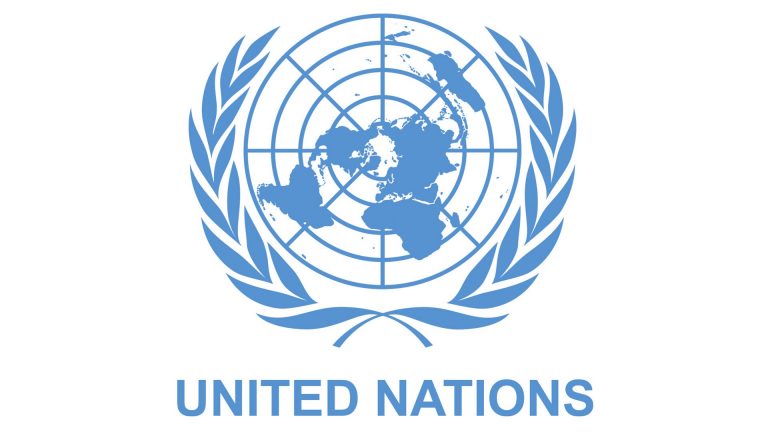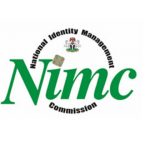The United Nations is to partner the federal and state governments, as well as multilateral and unilateral donors to mobilise $83.16m (N38.3bn, at the official exchange rate of N461/$) for Nigeria’s agriculture sector development from 2023 to 2027.
Already, the UN through its Food and Agriculture Organisation, has sourced for about $16.36m (N7.54bn) for the initiative, according to the FAO Nigeria Country Programming Framework 2023 – 2027, obtained in Abuja on Friday from the Federal Ministry of Agriculture and Rural Development.
The CPF is a medium term framework guiding FAO’s work in Nigeria, which defines priorities for the UN agency’s involvement as agreed with the government of Nigeria.
The framework is aligned to Nigeria’s agriculture, food security and related national development aspirations, as well as the collective response of the UN system to national development priorities.
The report stated that the required total funding for the full implementation of the framework for the five-year period was about $99.5m (N45.87bn), adding that the resource that was currently available was $16.36m (N7.54bn), leaving a gap of about $83.16m (N38.3bn).
“The funding gap will be addressed through resource mobilisation and partnership with multilateral and unilateral donors including governments at federal and state levels,” the UN stated in its latest CPF report.
It further explained that the Nigeria CPF was divided into four priority areas, adding that the amount required to fund the first, second, third and fourth priority areas of the programme were $13.96m, $60.1m, $7.4m and $18.11m respectively.
It said the first priority area had to do with sustainable and inclusive agri-food systems for improved productivity, while the second would focus on increasing resilience of food and agriculture-based livelihood systems.
The third and fourth would address healthy and nutritious diets, and sustainable natural resource and climate management respectively.
The report indicated that some aspects of the first priority area would be to strengthen capacities for value chain analysis, and upgrading of priority commodity value chains.
Others include capacities for increased productivity in livestock, fisheries, and selected crop and forest value chains, as well as strong capacities for digital agriculture solutions to ensure increased market opportunities and productivity.
The FAO Nigeria Representative, Fred Kafeero, said the signing of the framework with the Federal Government would strengthen collaborations and enhance the existing partnership through defined programming and provision of technical assistance to the country.
Source: The Punch








